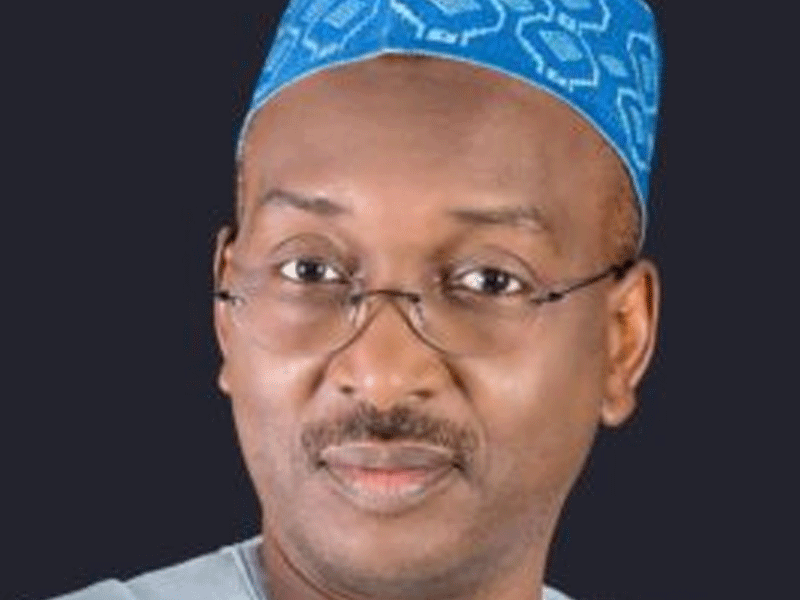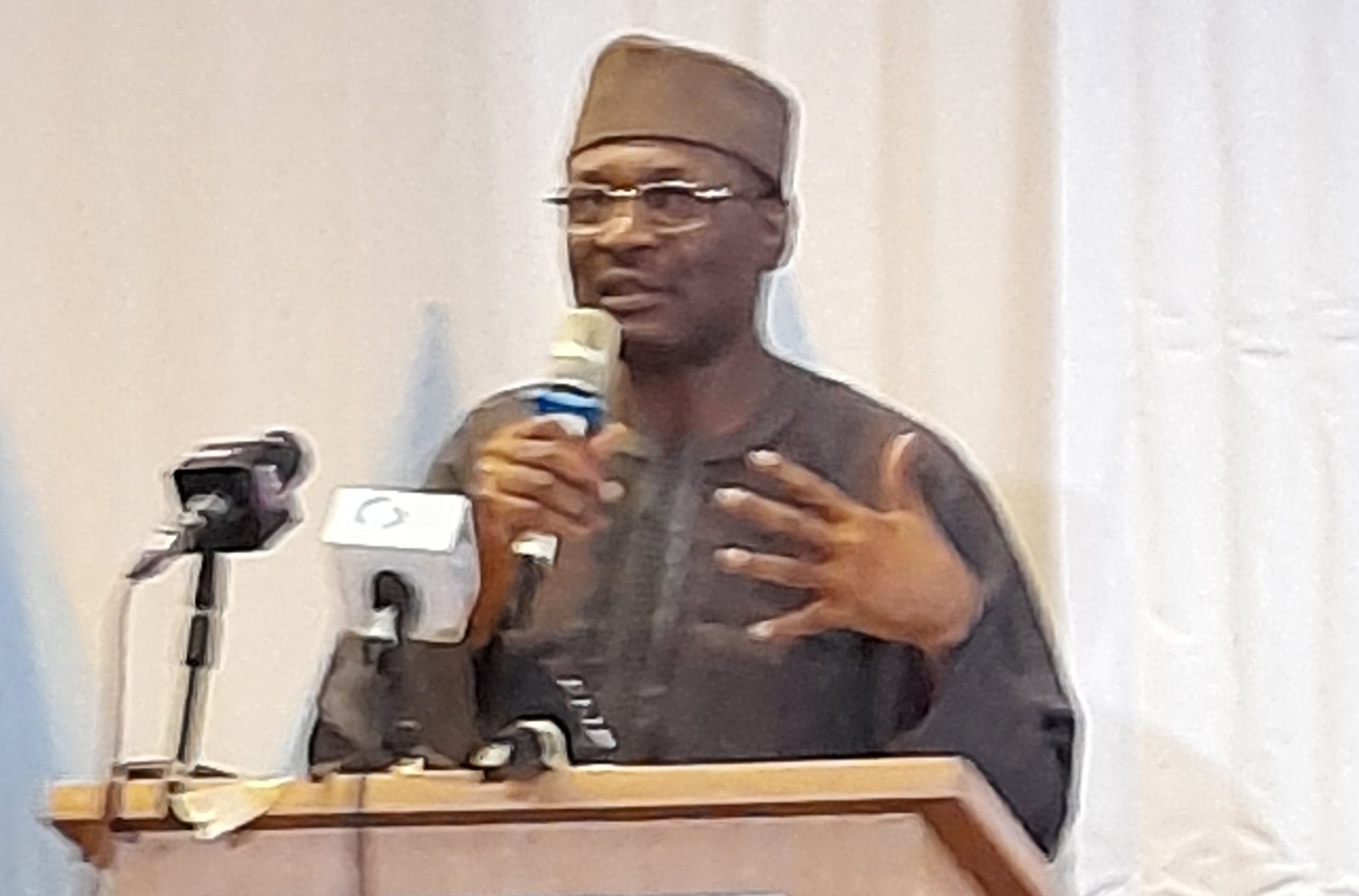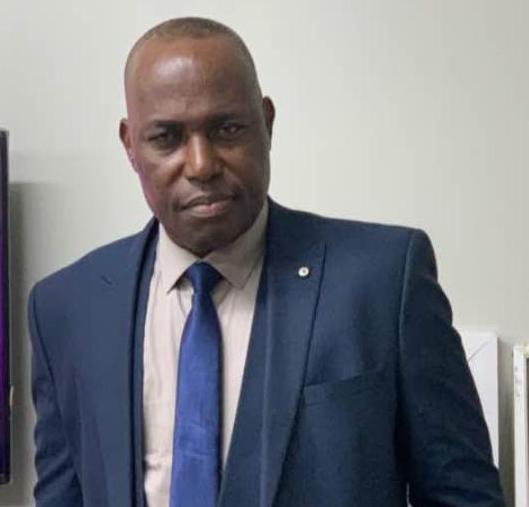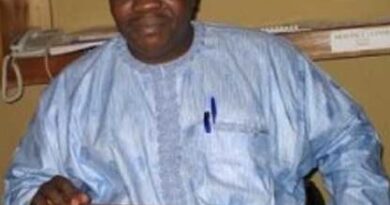Politics of 2023 and Negotiation for Quality Leadership, By Salihu Moh. Lukman
An association of ‘about one hundred eminent businessmen, political, media and civil society leaders, including 14 current governors, 13 former governors as well as three former senate presidents’ announced their presence in Nigerian politics on Wednesday, February 9, 2022. Prior to the announcement, there were speculations linking the group with plans to mobilise support for Mr. Godwin Emefiele, Governor of Central Bank of Nigeria (CBN) to join the 2023 Presidential contest as a possible successor to President Muhammadu Buhari. In a statement, jointly signed by Kashim Iman and Nduka Obaigbena, on Wednesday, February 9, 2022, the ‘association’, while denying that they are not working for the emergence of Mr. Emefiele as a Presidential candidate, however declared that ‘it is only interested in the quality of leadership that will emerge at all levels in 2023’ and confirmed that it held a retreat in Lagos over the weekend of February 4 – 6, 2022.
Although details about the membership of the association and how it intends to achieve its objectives are still very sketchy, it is a multi-partisan platform. According to the Conveners of the meeting, Kashim Imam and Nduka Obaigbena, ‘seven persons, from three or more political parties, who had already publicly declared their aspirations to lead the country were desirous of working with other patriots for non-partisan greater national goals.’ From all the reports emerging from the meeting, the lists of leaders who attended the meeting gives strong credibility that such a group can influence the outcome of the 2023 electoral contest in Nigeria. The big question is whether the ‘association’ can have life beyond the initial media noise. This will require leadership and strategic responses to manage expectations of many of the people who attended the meeting.
Conveners of the meeting must recognise that almost everyone in the meeting had different expectations. The most difficult one to manage will be the expectations of those who have already declared interest to contest for 2023 Presidential election. This group of participants will want to reduce such a viable platform to avenue for recruiting supporters. And partly because structures of almost all our parties are weakly democratic, which constrained capacity of aspirants to access party members, many aspirants will want to use such platform to gain visibility based on which they got some mileages in internal party contests, which may not be bad after all.
The emergence of this ‘association’ therefore presents an opportunity to critically assess the capacity of our parties to serve as effective and competent negotiating platforms for the emergence of ‘quality leadership’ in Nigeria. Without any doubt, the capacity of our parties to produce the kind of leadership Nigerians aspire is weak. Left alone, individuals with strong financial muscles, whose vision may be narrow, hardly going beyond access to public resources would have advantage. Therefore, the new political value potentially being created by a group such as the ‘association’ is the possibility of opening the political spaces in the country, including within the current big parties (APC and PDP) to produce higher quality leaders that what would have ordinarily been the case in 2023. It will require some superior organising to produce such a higher quality desired different outcome, which is why such an initiative require the support of all patriotic Nigerians.
In addition, given the profile who those involved this new initiative, no matter the strength of any potential Presidential candidate on the platform of any party, there are individuals in that meeting of the ‘association’ who with the right political strategy can diminish any aspirant or candidate. A major challenge facing the ‘association’ is the question of developing the needed organisational framework. In developing such organisational framework, it may perhaps be necessary to recommend that the group should primarily develop some minimum criteria, which should qualify political party candidates to succeed as ‘quality leaders.’
To ensure that the ‘association’ is also working to strengthen Nigeria’s democracy, some benchmarks should be set about how internal party processes should facilitate the emergence of ‘quality leaders.’ For instance, the issue of internal acceptability and how a party candidate emerges based on popular votes of party members or delegates should be specified. Without pushing the ‘association’ to adopt any standard, issues of how party leaders are united after party primary, role of money (vote buying) during primary, etc. should be determining factors. These debates that are not happening in any of our parties, which are desirable if Nigerian democracy is to truly develop. If anything, it can be argued that these are debates that consciously being blocked by the dominant power blocs in both APC and PDP. Any political leader who refuses to acknowledge this reality is simply living in denial. To move the country’s democracy forward requires that political parties, especially APC and PDP who have higher probability of winning the 2023 elections at all levels should internalise these debates based on a strategy of contracting internal agreements.
There are also very difficult issues around fair representation in the country, which is producing all manner of agitations. The easiest manifestation of this is the clamour for power shift to the Southern part of the country. Many party leaders across the major parties – APC and PDP are clamouring for this without corresponding initiative to open internal party negotiations based on strategy to achieve agreement. In fact, in the case of PDP, it is almost conclusive that no negotiation is being considered on this matter. It can be said without fear of any contradiction that if internal primary election is to take place in PDP today, a Northern candidate will emerge. The potential that PDP will produce a Northern candidate present a very strong challenge to the APC, which will affect the emergence of a ‘quality leader’ as the Presidential candidate of APC. How is the ‘association’ going to manage complex issues such as this to produce the desired outcome of creating a new Nigeria out of 2023 electoral contests?
The other dynamic is also the question of providing level playing field for candidates from all parts of the country. There are many leaders across the country and in both PDP and APC who could have qualified to emerge as candidates with all the ‘quality leadership’ credentials being envisioned with reference to any leadership qualification. But absence of level playing field in our parties is discouraging these individuals from presenting themselves for consideration. This is partly responsible for why across every part of the country, and in virtually all our political parties, the most qualified candidates for ‘quality leadership’ are hardly in the race for 2023 contests. How is the ‘association’ going to open up the space within our major political parties to ensure that the best and most qualified ‘quality leaders’ are in the race for 2023 electoral contests?
It is one thing to contest and win elections, it is another entirely to manage leadership based on capacity to initiate strategic development initiatives. Part of the sad reality is that many of those who have declared their ambition for 2023 are only animated, going round the country holding meetings with so-called party leaders. Many of them are simply positioning themselves to harvest victory out current challenges facing the country. It is so pathetic that so-called leaders of PDP for instance who have had the opportunity of managing this country for sixteen years without anything to show as development legacy, are going round the country talking of how they intend to rescue the country. It clearly suggests a push to ensure that the contest for 2023 is founded based on falsehood. Once any candidate conducts his/her campaigns based on falsehood, such a candidate must be disqualified from being considered as a ‘quality leader.’
Both APC and PDP leaders, and indeed every politician, across all political parties must be made to organise their campaigns based on honesty. Requirement for honesty during campaigns should ensure that all candidates who merit being recognised as ‘quality leaders’ must accept challenges, take responsibility and in cases where they fail, accept their shortcomings. No politician should be allowed to take advantage of the frustration of Nigerians as a strategy for winning election. If a group such as the ‘association’ want to reposition the country, it needs to take all the difficult steps to compel some degree of honesty among politicians. As a member of APC, I have no difficulty expecting that APC leaders will accept challenges, take responsibility and accept shortcomings. At least, President Buhari is providing leadership in this respect.
Once 2023 political campaigns in the country are conducted based honest and comparative assessments of challenges since 1999, it will not be difficult to ensure that the emergence of ‘quality leaders’ in 2023 is based on strong commitment to resolve national challenges. As part of such a commitment, the ‘association’ must initiate processes of national reflections about the challenges facing the country, with priority focus on problems of insecurity, rebuilding public education and health through mosilisation of massive financial investment in these sectors. It is good that the ‘association’ has already established three sub-committees on National Security, Economy and Nigeria in Transition. Given that there is now a National Development Plan 2021 – 2025, it is important that the campaign for 2023 elections prioritise attainment of the various development targets provided in the new national development plan.
Attainment of development targets as a multi-partisan commitment must be one of the priority goals of the ‘association.’ A situation whereby politicians reduce issues of national development targets to partisan rivalries must be discouraged. Similarly, we must as a nation, get out of the current narrow mindset whereby some political leaders cheaply politicise issues of national security. The question of reorganising national security structures through appropriate mobilisation of national resources to guarantee effective and efficient responses to issues of criminality, banditry and terrorism across every part of the country based on multi-partisan commitment must be put in place before 2023 elections. There is also the challenge of initiating a strong campaign for national orientation, which should necessarily include mobilising local resources to support the work of civil society groups in the country. A situation whereby Nigerian civil society must rely almost hundred percent on funding from foreign sources is unacceptable.
Similarly, as part of the review of public education and health in the country, consequences of avoidable strikes actions and how to bring an end to what has become clearly destructive to these sectors must be considered. Already, ASUU is threatening to go on strike. There must be initiative for negotiated responses to all these challenges, including politically negotiated agreements as part of a long-term strategy of rescue this country. Every patriotic Nigerian should commend the initiatives of the ‘association.’ In addition, Nigerians should in encourage members of the ‘association’ to do everything possible to force internal negotiations, which should lead to agreements within political parties leading to the emergence of ‘quality leadership’ in 2023 at all levels in Nigeria. A stitch in time saves nine!
Salihu Moh. Lukman
[email protected]



